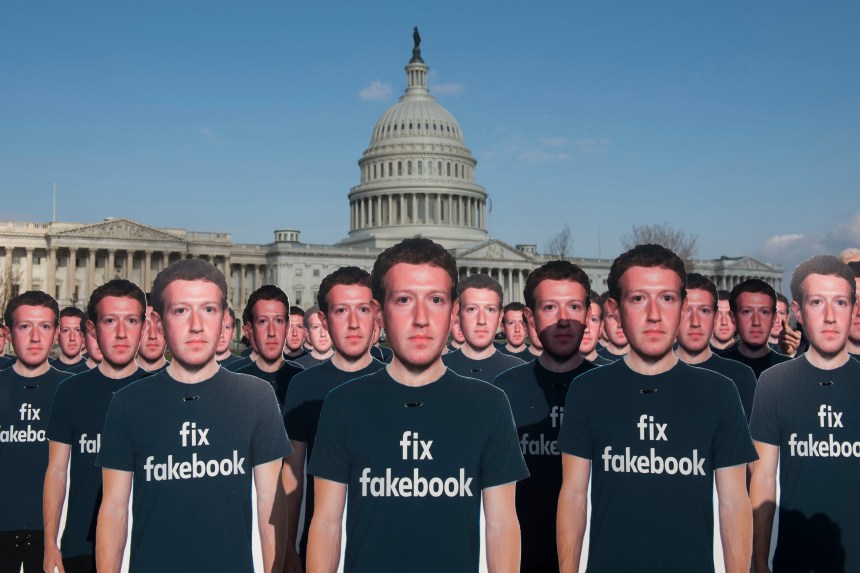Listen to GHOGH with Jamarlin Martin | Episode 21: Devin Johnson
Jamarlin talks to Devin Johnson, the president of Uninterrupted. They discuss his career path and working with Lebron James, changes in the media industry, and whether Spotify targeted Black artists with policy changes.
___________________________________________________________________________________________________
The Supreme Court has agreed to hear a case that doesn’t appear to have anything to do with social media but could determine whether the country’s largest tech companies can censor content, and whether users can sue tech companies for doing so.
It’s the first case the high court has taken on since Brett Kavanaugh’s confirmation in an environment where Republican lawmakers are increasingly accusing social media companies of partisanship.
The case, Manhattan Community Access Corp. v. Halleck, No. 17-702, centers on whether a private operator of a public access TV network is considered a state actor which can be sued for First Amendment violations.
The case could have broader implications for social media and other media outlets, CNBC reported. A broad ruling from the Supreme Court could open Facebook, Twitter, Google and others up to lawsuits for First Amendment violations.
The case concern public access TV, and two producers who claim they were fired for expressing their political views. DeeDee Halleck and Jesus Melendez say that Manhattan Neighborhood Network suspended them for expressing views critical of the network.

They sued, claiming their First Amendment rights were violated because the city and the network — as a state actor — were punishing them based on the content of their speech, Tech Dirt reported. “The city was dismissed from the case as it has basically nothing to do with any of this. The question at issue is whether or not this public access channel is a ‘traditional public forum,’ in which even a private operator can be judged to be a de facto representative of the government and subject to the limits on the state — such as the First Amendments ban on suppression of speech.”
While the lower court sided with the network, the Second Circuit did not, and reversed, deciding that this particular public access channel represented a public forum. In persuading the Supreme Court to take the case, attorneys for Manhattan Neighborhood Network said the court could use the case to resolve a lingering dispute over the power of social media companies to regulate the content on their platforms, CNBC reported.
The First Amendment is supposed to protect citizens against government attempts to limit speech, but private companies can be subject to First Amendment liability. Ruling against Manhattan Neighborhood Network could open social media companies to First Amendment lawsuits, and force them to limit controlling content on their platforms.
If the court does limit how companies can restrict speech on their platforms, it will make the already-hostile social networks even more hostile and alienate advertisers and users, said Michael Pachter, a Twitter analyst and former tax attorney at Wedbush Securities. It’s “extremely unlikely” that the court, which defers to business interests, will limit social media companies, Patcher told CNBC.
Legal issues writer Mike Masnick of Tech Dirt’s “Not Going To Happen” department, echoed that:
“While something could go completely wacky and sideways (it is 2018, after all) the chances of this ruling directly impacting social media platforms is very, very, very, very, very, very, very small,” Masnick wrote. “That does not mean whatever ruling won’t be cited by various plaintiffs to make bizarre arguments … the way the Supreme Court works, I would be shocked if this ruling has any significant impact at all.”
Conservatives have accused social media of being biased against them. A Pew Research Center Survey in June found that 85 percent of Republicans believe that social media companies censor speech they find objectionable, compared with 62 percent of Democrats.